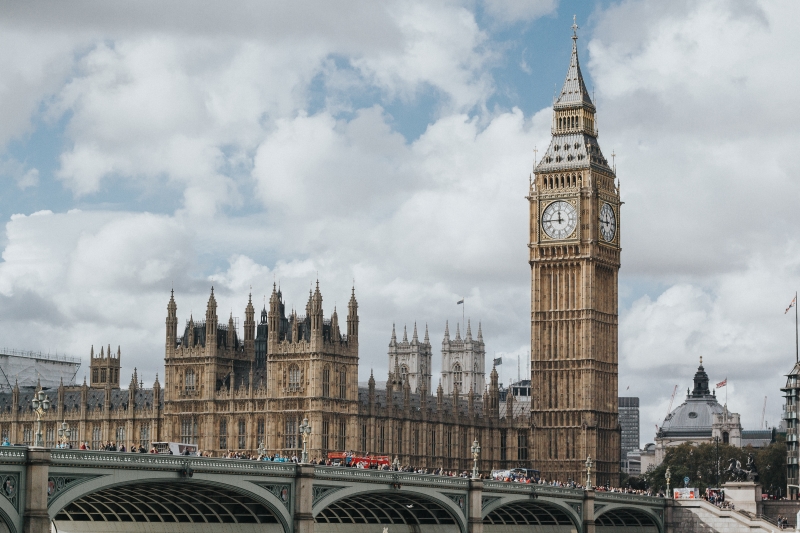UK strikes deal on EU Horizon Europe and Copernicus programmes
The UK have struck a deal on the Horizon and Copernicus programmes, meaning it will be participating as a fully associated member for their remaining life to 2027.

Following talks between the UK Prime Minister Rishi Sunak and EU Commission President Ursula Von der Leyen, the UK have struck the deal meaning UK researchers can apply for grants and bid to take part in projects under the Horizon and Copernicus programmes from 7 September.
The academic community is excited about the deal, with Chief Executive of the Russell Group, Dr Tim Bradshaw saying, ‘This deal is a true win-win for everyone’.
The UK Government is encouraging academics to apply for funding, with Bradshaw echoing this call ‘Universities have plans in place to get researchers to apply and our partner universities and businesses across the EU – and in other associated countries – are eager to work with our institutions. We will be ready to work with government and the Commission to make the most of Horizon’s opportunities from day one and beyond into its successor’.
New Zealand and Israel are also part of the programme with other countries keen to join.
Copernicus, the European Earth Observation programme, will also be associated to the UK. This enhances the UK’s earth observation sector, allowing them access to data that can help with flood and fire predictions. It also gives the sector the ability to bid for contracts that they have not had access to for the last three years.
The UK has decided to pursue a domestic fusion energy strategy instead of associating to the EU’s Euratom programme. This will involve close international collaboration, including with European partners, and a new alternative programme backed by up to £650mln to 2027.
UK taxpayers will not pay for the time where UK researchers have been excluded from since 2021, with costs starting from January 2024.







